Iraq is ambitiously planning to attract investments worth $250 billion over the next two years through a comprehensive government plan aimed at diversifying income sources and boosting economic growth. While these initiatives present a historic opportunity to rebuild the economy away from heavy oil dependence, political and economic challenges remain, raising questions about the feasibility of achieving this ambitious goal.
The National Investment Commission of Iraq reports that legislative and regulatory reforms, alongside supportive government policies, have successfully attracted over $100 billion in Arab and foreign investments in the past two years, distributed across vital sectors including industry, infrastructure, housing, energy, education, and health.
According to the commission’s spokesperson, Hanan Jassim, these investments have created new jobs and increased GDP, marking a tangible step toward reducing reliance on oil revenues as the main income source.
Iraq intends to increase the volume of attracted investments in the coming two years, relying on a package of recent incentive measures that have qualitatively transformed the investment environment.
Key measures include activating the one-stop-shop system to facilitate transactions, joining several international agreements related to investment protection and promotion, and preparing an integrated investment map featuring over 100 strategic opportunities in various sectors.
The commission is also simplifying administrative procedures, reducing bureaucracy, enhancing public-private partnerships, and providing flexible incentives and advanced legal guarantees to boost investor confidence and make Iraq an attractive destination in the regional investment landscape.
These steps have strengthened investor confidence and positioned Iraq among promising investment destinations in the region. Currently, Iraq is implementing several strategic projects, notably the Grand Faw Port in the far south, a strategic trade route linking Basra to Turkey through a network of roads and railways reaching Europe, as well as projects in roads, bridges, and general infrastructure development.
These projects strongly stimulate growth and job creation and support regional trade while enhancing Iraq’s geographic position as an economic gateway between the Gulf and Europe.
Despite these ambitions and serious efforts, Iraq faces several challenges, notably political issues and weak infrastructure in some provinces. However, economic experts told Al-Nahar that the availability of political will and ongoing reforms can turn these challenges into opportunities, especially if accompanied by relative stability and clear, effective executive legislation.
Iraqi economic expert Dr. Jaafar Al-Hussainawi commented to Al-Nahar: “There is no doubt that attracting foreign investments to Iraq represents a step with significant economic returns for the country, especially since Iraq possesses enormous natural resources that, if optimally exploited, could radically change its economic status.”
He added that attracting such investments will enhance the state’s economic indicators in the coming phase, particularly in light of the recent signing of an agreement between the Iraqi government and the American giant Chevron to conduct oil exploration in the south, alongside investment in the Iraqi Development Road project linking the northern Arabian Gulf to Turkey and Europe, as well as implementing the first and second phases of the Grand Faw Port project.




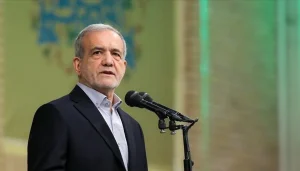
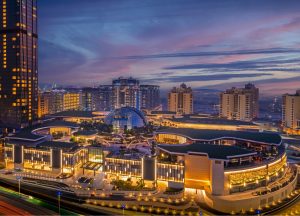
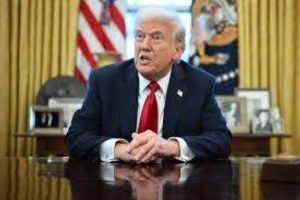
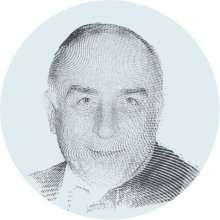
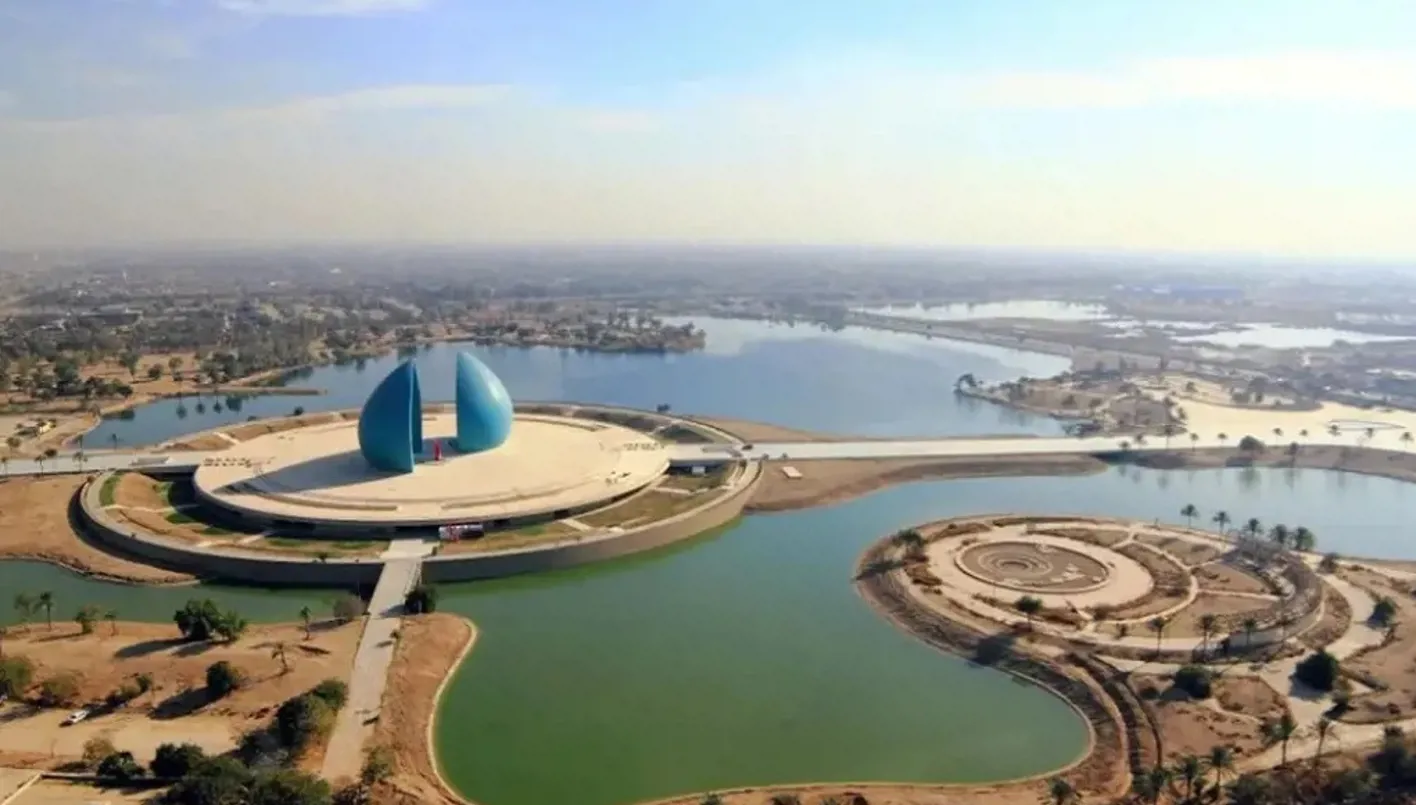
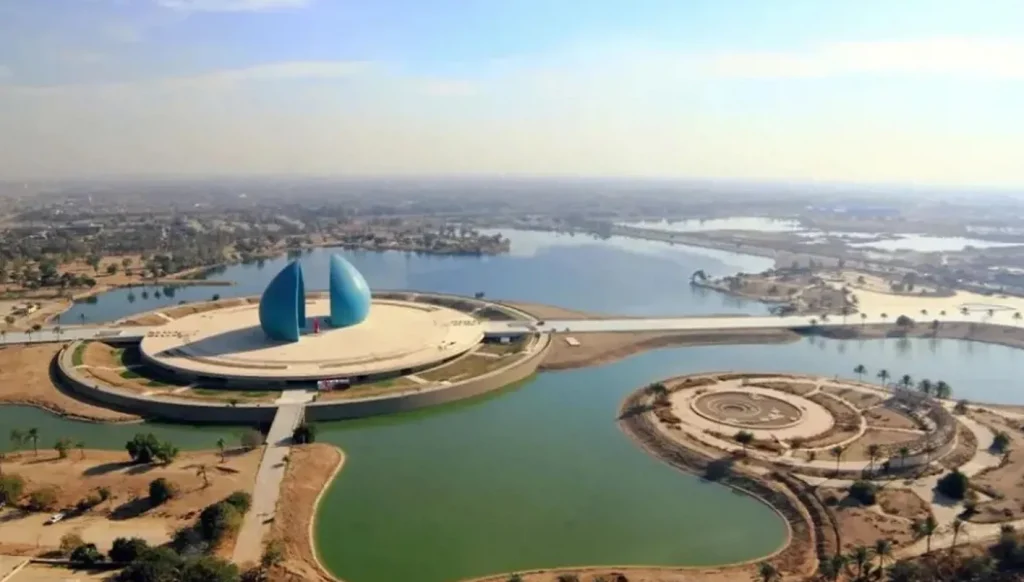




Recommended for you
Exhibition City Completes About 80% of Preparations for the Damascus International Fair Launch
Talib Al-Rifai Chronicles Kuwaiti Art Heritage in "Doukhi.. Tasaseem Al-Saba"
Unified Admission Applications Start Tuesday with 640 Students to be Accepted in Medicine
Egypt Post: We Have Over 10 Million Customers in Savings Accounts and Offer Daily, Monthly, and Annual Returns
His Highness Sheikh Isa bin Salman bin Hamad Al Khalifa Receives the United States Ambassador to the Kingdom of Bahrain
Al-Jaghbeer: The Industrial Sector Leads Economic Growth